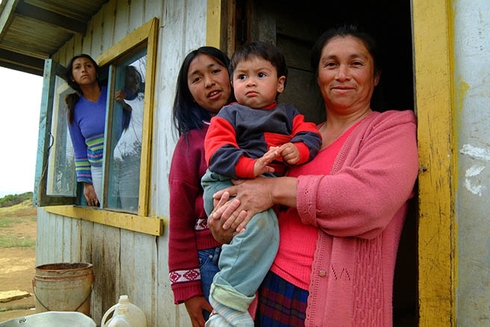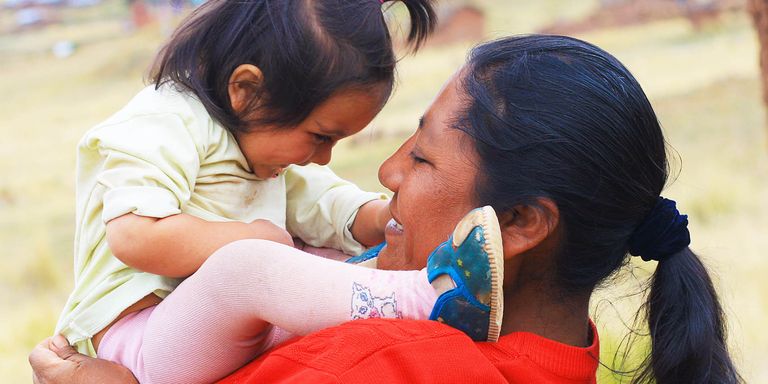Women make up more than half of the region’s population and still face significant challenges in achieving economic and social equality. Even though the education gender gap has closed or even reversed for women in Latin America and the Caribbean, controlling for education and experience, they still earn 23% less than men. 1 in every 3 women have reported being victims of gender-based violence, and adolescent pregnancy rates in the region continue to be the second highest in the world.
The IDB's work in promoting gender equality focuses on addressing these and other gaps through the promotion of regulations, policies, services, and cultural norm changes with an intersectional lens that considers factors such as race, ethnicity, disability, sexual orientation, and gender identity.

- The IDB promotes the inclusion of women in formal jobs and high-earning sectors in the labor market. This includes the education of women and girls in science, technology, engineering, and mathematics (STEM), and other emerging fields, as well as training for women in non-traditional and expanding sectors and industries, such as digital and green jobs. We also seek to strengthen gender equality in firms and the public sector, including non-discrimination, equal pay, and parental leave.
- IIn Guyana, an IDB program to promote the transition to climate-resistant renewable energies is training women in solar installation, with a focus on technical skills, safety, job readiness, and climate justice. In Costa Rica, the Deciding My Future program, an intervention through text messages based on behavioral sciences, increased the enrollment in STEM of girls from low-income households.

- Another key factor to economic empowerment is the promotion of women-led companies. The IDB seeks to promote access to regional and global markets, credits, and business skills necessary for growth.
- In Peru, a financing program for women entrepreneurs seeks to expand access to credit of Micro, Small, and Medium Enterprises (MSMEs) led by women. At the end of the project, the average annual sales growth of the beneficiary women’s MSMEs is expected to grow by 7.8%.

- The IDB focuses on the prevention, attention, and eradication of gender-based violence with a comprehensive and intersectional approach. In Uruguay, a loan focused on prevention and on improving the quality of services for gender-based violence survivors will benefit more than 28.800 women and 13.000 young adults/teenagers. The project included the adaption of differentiated services for migrants, and lesbian, bisexual, and trans women.
- In six countries in the region, the IDB has supported the implementation of Ciudad Mujer, comprehensive centers aimed at promoting women's empowerment through attention to and prevention of gender-based violence, sexual and reproductive health, and economic autonomy.
- The Bank also promotes healthy masculinities as a means of prevention with programs like Hablemos Entre Patas, in Peru, which uses insights from behavioral sciences to provide men tools and recommendations to reduce tension and conflict with their partners. In its pilot phase, implemented in 2022, it reached 1,355 men.

- Based on extensive evidence of the impact of the unequal division of care and domestic work responsibilities on the labor market, the IDB contributes to strengthen regulations and services that provide support to women and promote the equal participation of men. The Bank supports changes in labor regulations in Mexico, Guatemala, and Panama that seek to guarantee quality employment and the equitable distribution of care. And in Uruguay, we have supported the strengthening of the National Integrated Care System, which focuses on the care of dependent children and adults to reduce the burden on women.
- In Colombia, the Manzanas de Cuidado care program launched by the municipal government of Bogota with IDB support offers women services like flexible education and skill formation, recreation and exercise, and programs to assist in caretaking and to work with men and women to promote a redistribution of these tasks.

The IDB promotes women in leadership positions and decision-making at multiple levels and in multiple sectors. The online and free access course Women's Leadership: Boost your skills and drive change has trained over 5,900 women in leadership skills in personal, community and professional contexts.












